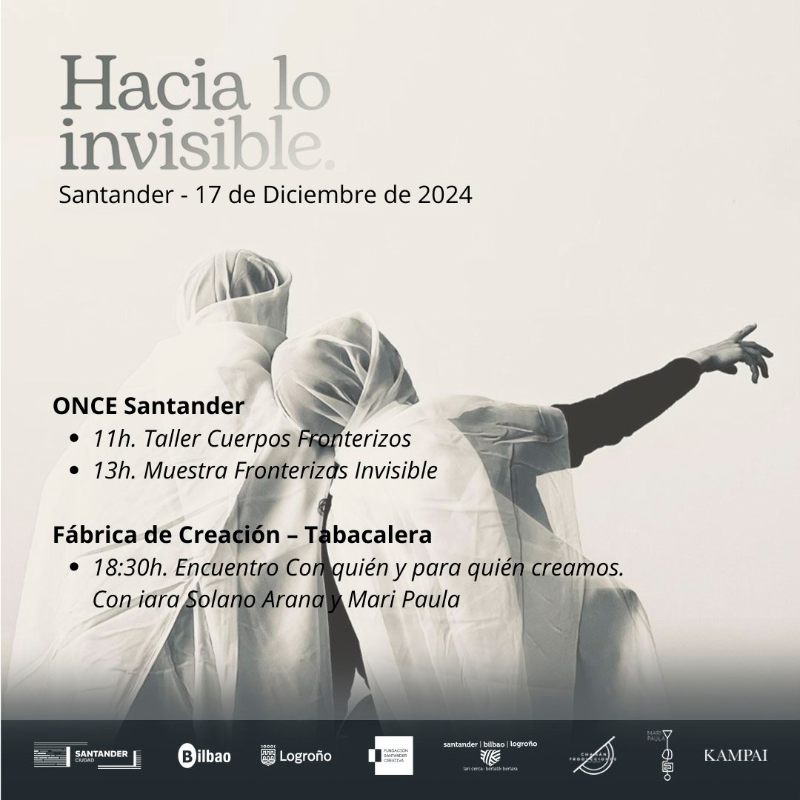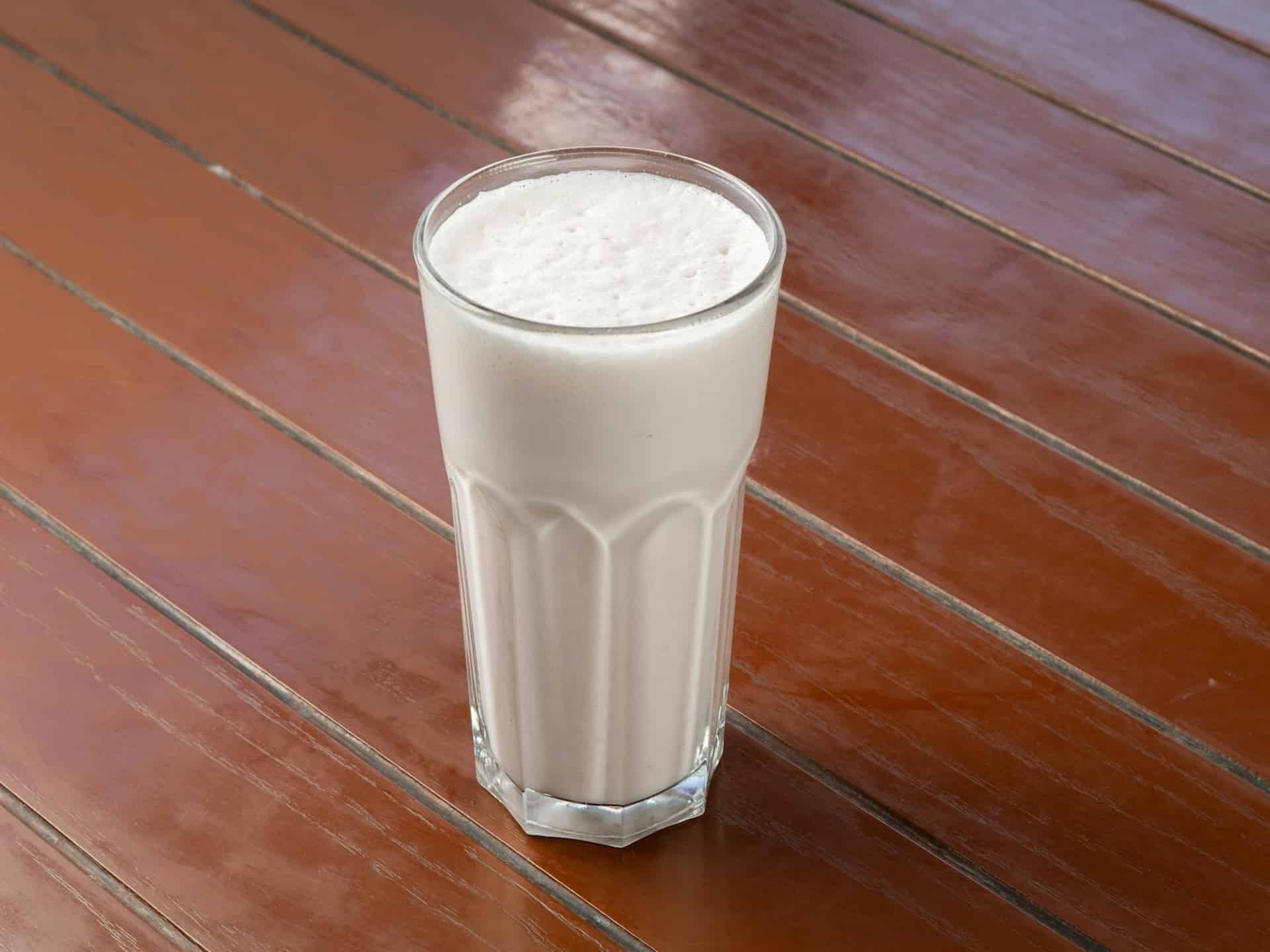
When the Quality Standard for yogurt was approved in 2014, social networks and conventional media were filled with articles explaining why yogurts no longer had an expiration date and why a best-before date was now indicated. Both concepts indicate the period of time in which a food is safe for consumption and retains all its organoleptic qualities. There are, however, some important nuances that today make us stop at the differences between the expiration date and best-before date.
What is the expiration date?
Claudia García, food technologist and Quality Manager at ALDI Central de Compras (Spain), explains that “the expiration date is the date until which the product It keeps all its properties intact with complete safety for our health.. After that date, it should not be consumed,” he explains.
The expiration date is used for highly perishable fresh packaged products, such as meats, poultry, seafood, vegetables, and fruits. From that date the risk of the proliferation of pathogenic microorganisms which could cause food poisoning.
Why are they sold cheaper when they are about to expire?
A common strategy in fresh product sales points is lower the price of products with a near consumption date. In this way, sales are boosted and food waste is reduced, since, at that time and whenever it is consumed in the near future, the food is safe. “If the product has been maintained under the storage conditions indicated by the manufacturer on the label, the product can be consumed until the expiration date,” García emphasizes.
In these cases, you must continue to keep the food in the refrigerator, if it is refrigerated, and consume or cook it as soon as possible.
Another option is to freeze it before the expiration date. Once thawed in the refrigerator or microwave, it must be consumed on the same day.
What is the best before date?
The best before date “is the date until which the food retains all its properties, as long as it has been preserved following the conditions indicated on the packaging by the manufacturer. It is used in more microbiologically stable products,” points out the expert.
In this group we find preserves, pasta, rice, cookies, legumes, yogurts, vegetable milks and drinks, sauces…
Does anything happen if I eat expired food?
The main difference between best before use and the expiration date is that the latter would be a limit that should not be crossed. “From that specific day onwards, neither the manufacturer nor the distributor guarantees that it is safe,” warns the expert. Even if it looks good and doesn’t smell strange, it should be thrown away. The regulations strictly prohibit the sale of expired products.

Can I eat a food after the best before date?
The main difference between the expiration date and best-before date takes us to the moment of consumption. «Yes, we can consume a product that has exceeded its best before date. In this case, there is no risk in relation to food safety, we will not get sick from ingesting it as long as the packaging is intact.”
Now, it is a product that was made and packaged a long time ago and certain organoleptic qualities may have worsened. It may be drier, more stale, or visually less appetizing. “There is no specific rule that determines how long after the best-before date a food can be eaten. It will depend on the stability of the product, its storage conditions (cool temperatures, low humidity),” says the expert.
As a general rule, he adds that “the recommendation is Do not let too much time pass after the best before date. If the date has passed a long time ago, we should always check the condition of the packaging and the product itself: if it smells strange or has an appearance that makes us suspicious, we must discard it.”
The ALDI Council
The foods we cook at home also have an expiration date. To avoid taking risks, put a sticker with the production date on the lunch box where you keep leftovers.
claudia garcia. Agricultural technical engineer and food technologist. He is responsible for Quality at ALDI Central Purchasing (Spain). Previously he has worked as a logistics process technician and as corporate manager of Fresh Product Quality at Caprabo – Eroski. She has been responsible for Quality at Comertel and a consultant at the Catalan Institute of Technology (Unitat d’Assessorament).







